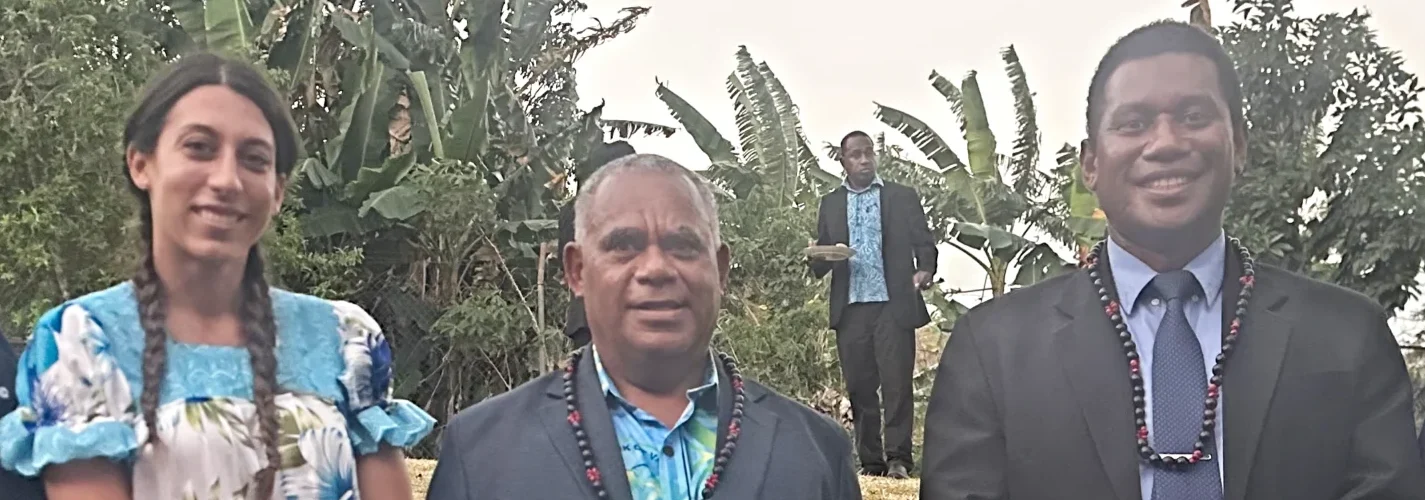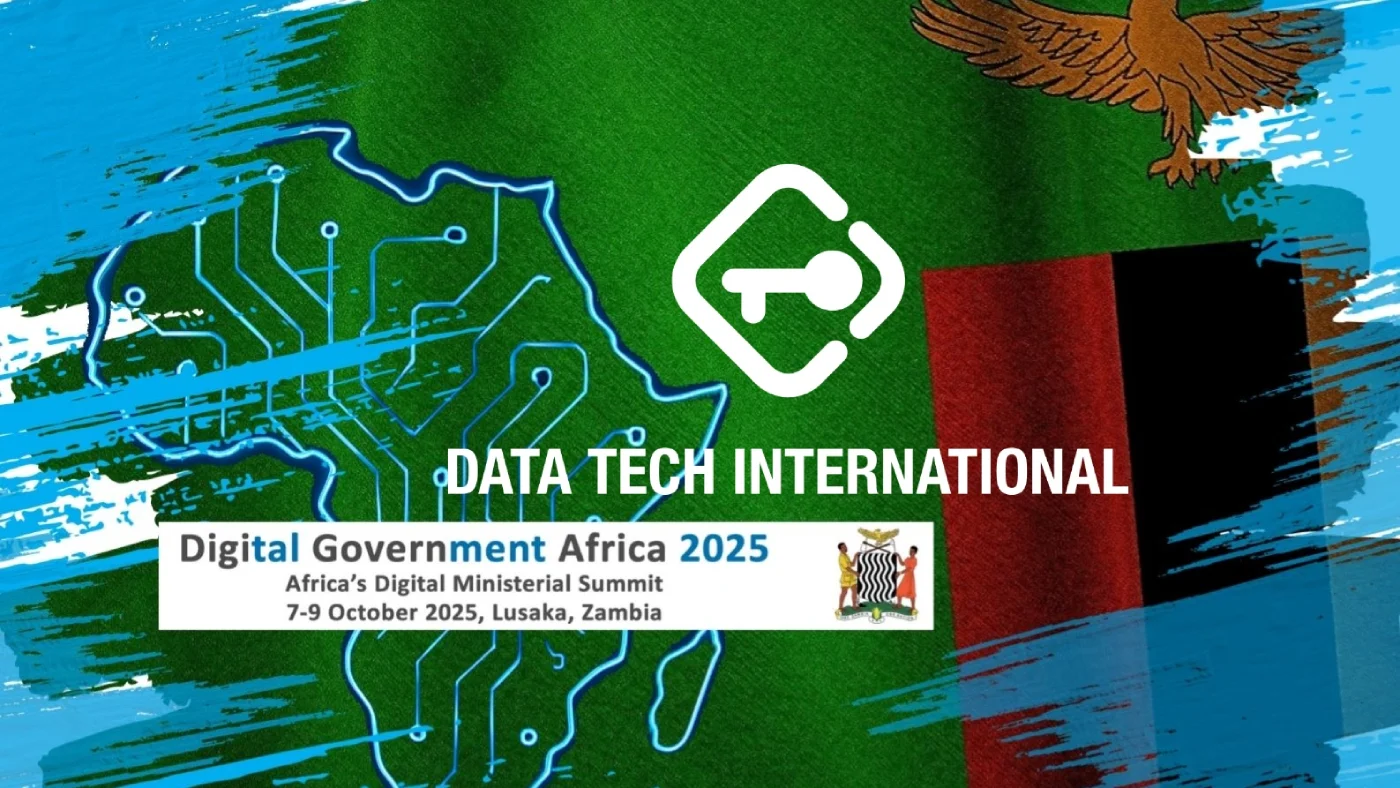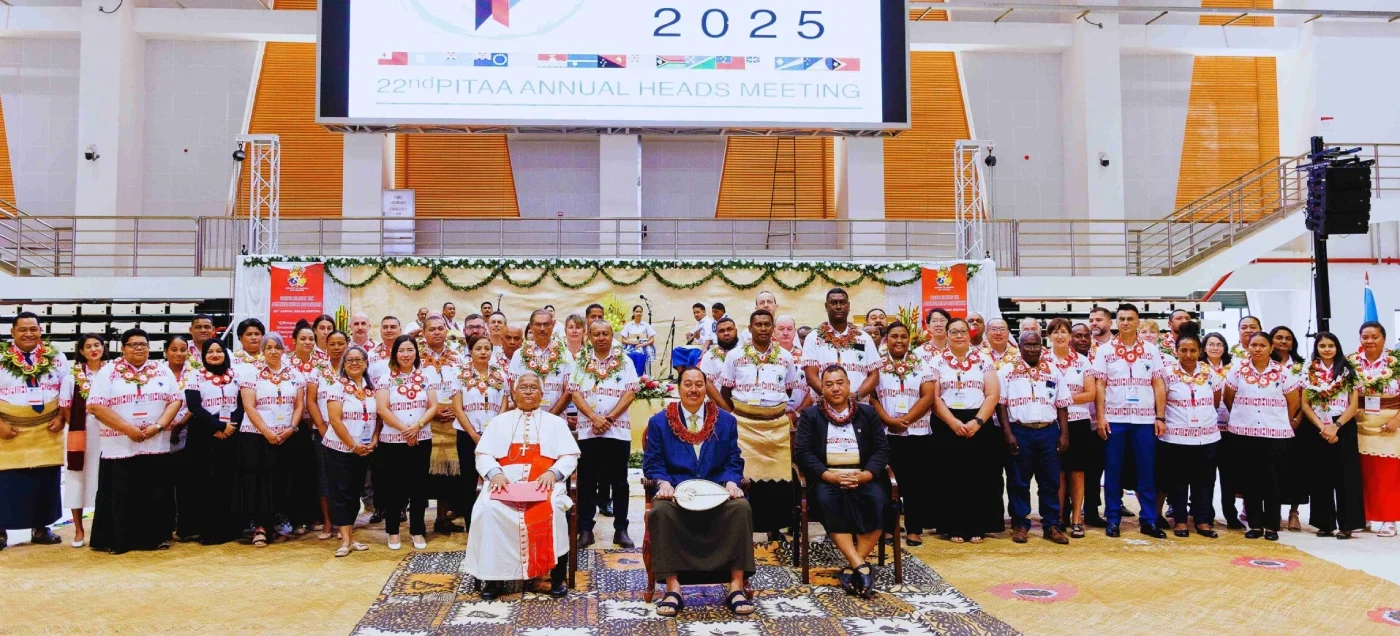Data Tech International (DTI) had the honor of receiving an invitation to participate in the 45th Annual Heads Meeting (CATA), this time it was officially opened at the Hilton Hotel in Port Moresby, Papua New Guinea.
Our participation in the CATA conferences has become a valued tradition within our organization, one that we are proud to continue. Having attended on several previous occasions, we remain committed to maintaining our presence and supporting the event.
The CATA conferences provide a valuable platform for staying informed about the latest developments in fiscalization. Bringing together leading experts in tax system modernization and digital transformation, the event offers a unique opportunity to exchange insights and explore emerging trends in the field.
Significant Milestone Achieved
However, what sets this year’s conference apart from previous editions is a significant milestone: for the first time, the Heads Meeting is being held as a separate program from the Technical Conference. This distinction is particularly important, as the clearly defined agendas allow participants to better navigate and focus on either technical matters or policy-related discussions. Leaders and delegate alike warmly received this change, as it promises to enhance the overall experience and foster more meaningful engagement from all attendees.
Keeping with tradition, the host country opened the conference with welcoming remarks delivered by the Commissioner General of the Internal Revenue Commission (IRC), Mr. Sam Koim. He warmly welcomed delegates and emphasized the significance of hosting the event in Papua New Guinea. This year’s conference had the theme: “Aligning Global Standards with Local Solutions: Evolving Tax Systems in the Digital Age.”
Key Takeaways from the CATA Conference
Strong collaboration and dialogue are essential: The conference provided a valuable opportunity to strengthen relationships among tax leaders from across the Commonwealth. It fostered meaningful dialogue on the future of tax administration in an increasingly dynamic and evolving global environment.
The focus is on innovation and digital transformation: A central theme throughout the conference was the role of innovation and emerging technologies in modernizing tax administration. Key discussions focused on the use of blockchain, real-time predictive data, and advanced analytics to enhance revenue collection, as well as the application of AI, automation, and personalized services to improve the overall taxpayer experience.
Regional collaboration is of paramount importance: Analyzing and drawing lessons from the fiscalization experiences of other countries in the region is essential for avoiding common pitfalls and ensuring a smooth, effective implementation. Throughout the discussions, participants emphasized the importance of peer learning and highlighted the need to develop tailored approaches that reflect each country’s specific context and needs.
How to best integrate global tax standards into national systems: Achieving alignment between global tax norms and local needs requires strong peer learning and regional collaboration. Participants also cautioned against an overreliance on international standards without proper adaptation, emphasizing the importance of contextualizing global frameworks to fit each country’s unique economic, legal, and administrative landscape.

Our Contribution to the Conference
Data Tech International proudly participated in CATA’s working group sessions under the theme “Harnessing Innovative Technologies for Revenue Growth: Bridging Strategy and Practice.” During these sessions, leaders from across the Commonwealth, such as Papua New Guinea, Fiji, Nigeria, or Malaysia, exchanged ideas, issued key recommendations, and defined follow-up actions. Among the most important topics discussed, the following stood out:
- Technology alone is not sufficient: Policy objectives must be aligned with the use and implementation of new technology. Technology goes hand in hand with improving taxpayer service and organizational reform (including a broader tax policy reform).
- Unitary invoicing is a powerful tool: To eliminate invoice fraud and improve VAT compliance, the buyer, the seller, and the tax authority must be simultaneously linked at the point of transaction.
- Local adaptation is the key to success: A successful implementation depends on local adaptation; systems need to be and remain relevant and accessible to both taxpayers and frontline staff equally.
- Flexible regulations over rigid ones: Experience proves that adaptive regulations, open to the idea of leaving room for local innovation and vendor participation, are more beneficial than prescribing specific devices or technical standards.
- International collaboration, strongly advised: Using learning platforms to exchange implementation experiences positively contributes to increasing regional leverage.
- Future topics to explore together: Leaders agreed that conducting maturity assessments, launching regional digital transformation clinics, improving collaboration with tech industry leaders, or enhancing digital tax policy frameworks are important milestones to achieve by the end of this year and the beginning of the next.

Final Word
We consider the 45th CATA Conference to be a great success, having brought together representatives from over 30 member countries. In addition to this strong participation, the event also welcomed delegates from key international and regional organizations, including the OECD, IBFD, IMF, World Bank, CIAT, PITAA, and WATAF.
This level of engagement reflects the deep commitment and collaboration among CATA’s leadership and partners. It also highlights the significant efforts made in the planning, organization, and coordination of the conference — efforts for which we are sincerely grateful.
From our perspective, this year’s CATA Conference could not have been more timely. The Pacific region is currently experiencing a significant wave of new fiscalization implementations, making the conference especially relevant. Notably, in Vanuatu and Papua New Guinea, DTI is preparing to deploy its TaxCore solution, aimed at making tax collection and compliance more streamlined, efficient, and technologically advanced than ever before.
DTI is proud to have contributed to the Commonwealth’s ongoing discussions by sharing its expertise in the field. We remain committed to strengthening our relationships with new and existing stakeholders while continuing to consolidate our presence in the region, a region that has always been, and continues to be, of strategic importance to us.





